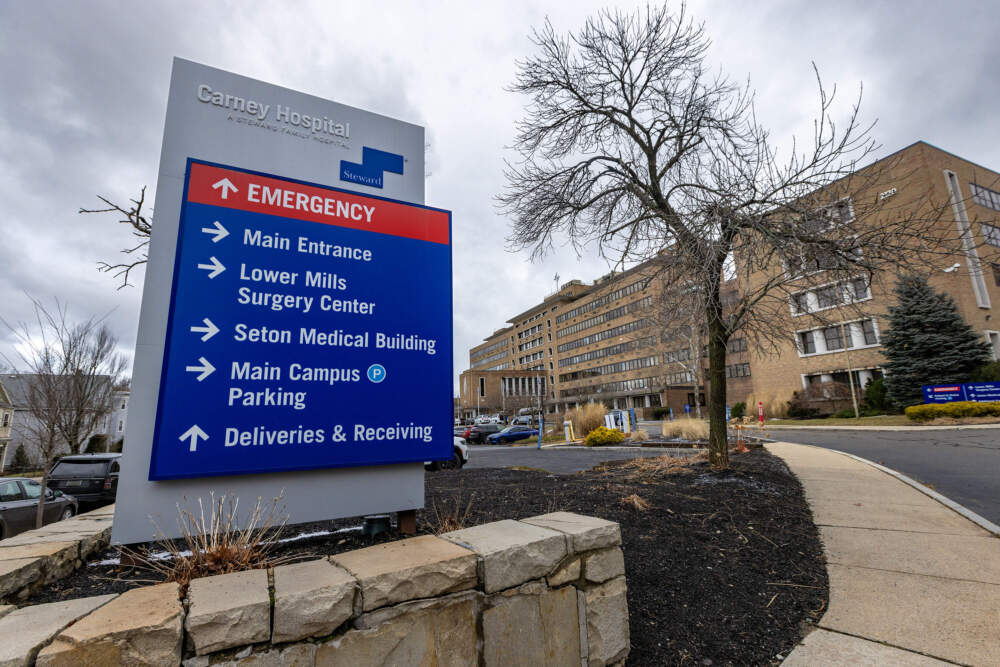- Wed. Apr 24th, 2024
Latest Post
Princess Anne Embraces New Venture: Sisters With a Twist
A new bakery called Sisters With A Twist recently opened on Main Street in Princess Anne. The bakery offers a variety of sweet treats such as cinnamon buns, twisted island…
Massachusetts health secretary explains how steward’s leases decrease hospitals’ appeal to potential buyers
During a recent discussion about health care access, affordability, and staffing in southeastern Massachusetts, Health and Human Services Secretary Kate Walsh mentioned the challenges posed by the property and leasing…
Sudden vision loss caused by a cerebral aneurysm
A 41-year-old female patient who suddenly lost her vision due to a giant brain aneurysm was just saved by surgeons. The patient, originally from Quang Binh and working as a…
Endesa’s Bogas urges Government to facilitate alliances with renewable partners as interest in Spain grows
Endesa has had a challenging year, with significant impacts reducing its profits by 71%. Changes in the leadership of its parent company, Enel, have resulted in a renewal of the…
Troup County introduces revolutionary LED sports lighting system at Callaway Stadium
The Troup County Board of Commissioners recently completed a lighting upgrade project at Callaway Stadium, which included the installation of a new LED stadium and field lighting system. This upgrade…
Investigation by New River Health District into a small cluster of pertussis cases in Montgomery County
The New River Health District is currently investigating a small number of confirmed and suspected cases of pertussis in Montgomery County. Some of the cases involve school-aged children, according to…
5 Questions Regarding the US Push to Sell or Ban TikTok
TikTok is facing a potential ban in the United States as the Senate approved legislation that requires its Chinese owner, ByteDance, to sell the platform. This decision comes amid concerns…
German Government makes modest upgrade to economic forecasts with growth set at 0.3%
The German government expects the economy to recover and gain momentum due to lower inflation, monetary easing, and growth in the global economy. The export-oriented German economy greatly benefits from…
Pedro Sanchez contemplating resignation as his wife faces investigation
The Spanish Prime Minister Pedro Sánchez has canceled his public agenda and is considering whether to resign because his wife, Begona Gomez, was investigated for corruption and influence peddling crimes.…
Daktronics Becomes Presenting Partner for The National Sports Forum’s 2024 NSF Virtual Spring Summit
Daktronics has renewed its partnership with The National Sports Forum (NSF) to be the presenting partner for the 2024 NSF Virtual Spring Summit. This event will be held all day…




